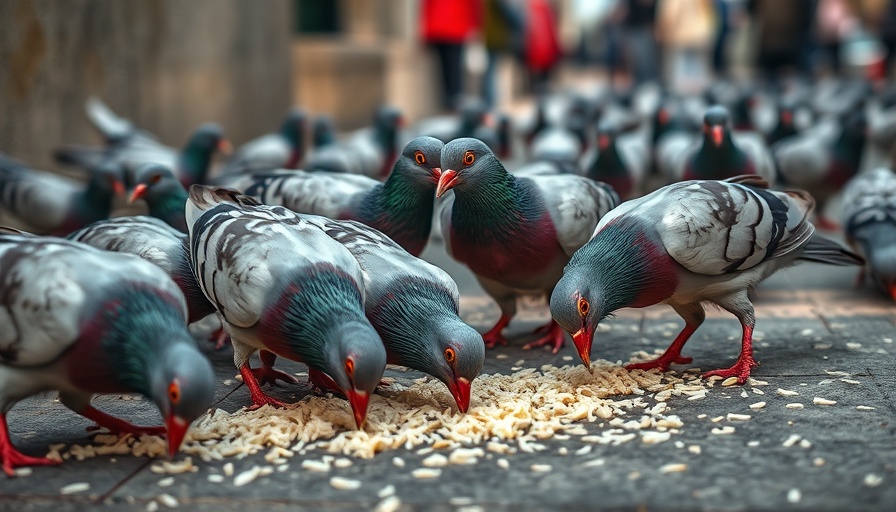
Understanding Bird Diets: Can Birds Eat Rice?
When it comes to feeding birds, the question of what constitutes a safe and nutritious meal is crucial for any bird enthusiast. One common inquiry is whether birds can eat rice. The answer, while seemingly straightforward, is woven into a web of misconceptions surrounding grain consumption in avian diets.
The Myths Surrounding Rice and Birds
Many people believe that feeding rice, especially uncooked, to birds can cause them harm. This myth has persisted largely due to urban legends portraying painful stomach reactions in birds brought about by this grain. Scientific studies, however, debunk this myth, revealing that rice does not pose any significant threat to birds. Moreover, both cooked and uncooked rice can be safely consumed by many species, provided it is fresh and handled correctly.
What Do Experts Say About Grain Consumption?
Bird feeding should be approached with care and understanding. According to wildlife experts from various studies and articles, grains can be part of a bird's diet, but the selection and type of grains are paramount. In addition to rice, many birds enjoy grains like oats and corn, which offer good nutritional value. However, not all grain products are suitable. For instance, stale or moldy grains should never be provided as they can harm rather than help these feathered friends.
Comparing Myths About Bird Feeding
This discussion about rice underscores broader misconceptions regarding bird feeding practices. A recent article highlighted seven major feeding myths, including the belief that food dependency affects bird migration patterns. In reality, food sources like rice or birdseed do not stop birds from migrating but rather provide essential energy for their journeys. Birds are instinctively guided by environmental cues such as temperature and day length, not by the presence of feeders.
Why Should You Be Mindful About What You Feed Birds?
Choosing the right foods is more than just maintaining a backyard bird sanctuary; it's about ensuring the health and sustainability of bird populations. While rice is generally safe, excessive amounts can lead to deficiencies in other critical nutrients. Thus, a balanced diet enriched with a variety of seeds, fruits, and proteins is vital for avian health. Responsible bird feeding contributes to the ecosystem, enhancing not just bird populations but also the human appreciation of nature.
Final Thoughts on Feeding Backyard Birds
While rice can safely be included in a backyard bird's diet, variety and quality should always dictate your feeding choices. Understanding the nutritional needs of local birds by consulting resources or experts can optimize your bird-watching experience. So next time you're tempted to toss rice out on your patio, rest assured it won't harm them, but think about complementing it with more nutritious options.
 Add Row
Add Row  Add
Add 




Write A Comment